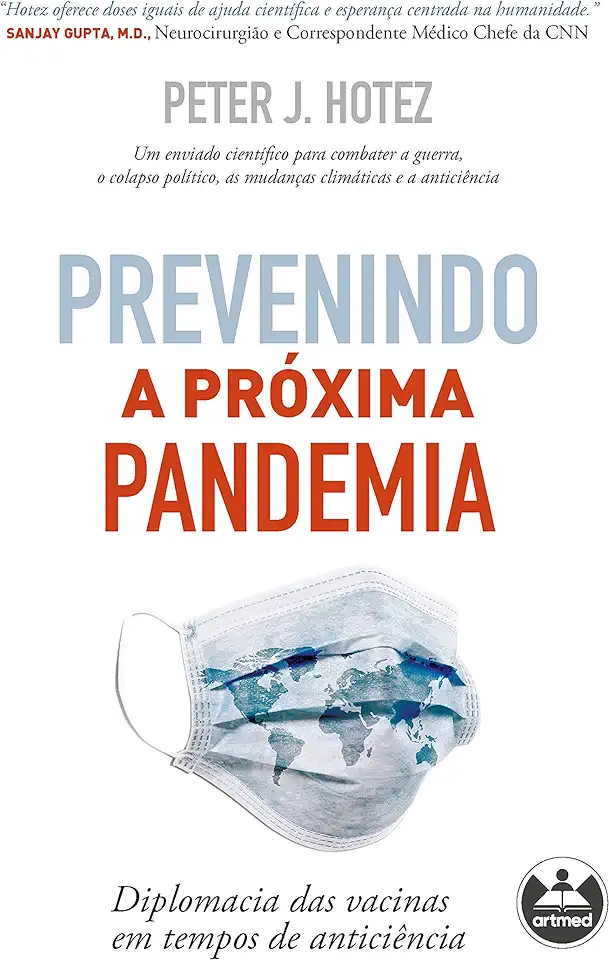
Preventing the Next Pandemic: Vaccine Diplomacy in a Time of Anti-Science - Peter J. Hotez
Preventing the Next Pandemic: Vaccine Diplomacy in a Time of Anti-Science
In his book, Preventing the Next Pandemic: Vaccine Diplomacy in a Time of Anti-Science, Peter J. Hotez provides a comprehensive and urgent call to action to address the global threat of vaccine hesitancy and anti-science sentiment. Drawing on his extensive experience as a vaccinologist and public health expert, Hotez argues that the world is facing a critical juncture in the fight against infectious diseases, and that a failure to act now could have devastating consequences.
The Rising Tide of Vaccine Hesitancy
Hotez begins by outlining the growing problem of vaccine hesitancy, which he defines as "the reluctance or refusal to vaccinate despite the availability of safe and effective vaccines." He notes that vaccine hesitancy is not a new phenomenon, but that it has been exacerbated in recent years by a number of factors, including the spread of misinformation and disinformation, the rise of social media, and the erosion of trust in public health institutions.
Hotez provides numerous examples of the devastating impact that vaccine hesitancy can have on public health. He describes outbreaks of measles, mumps, and rubella in the United States and Europe, as well as the ongoing polio outbreak in Pakistan. He also warns of the potential for a global pandemic of a new or resurgent infectious disease, such as influenza or SARS-CoV-2, which could be even more devastating than the COVID-19 pandemic.
The Role of Vaccine Diplomacy
Hotez argues that vaccine diplomacy is essential to addressing the global threat of vaccine hesitancy. He defines vaccine diplomacy as "the use of diplomatic tools and strategies to promote the development, distribution, and use of vaccines." He notes that vaccine diplomacy has been used successfully in the past to eradicate smallpox and polio, and that it is essential to building a global health infrastructure that can prevent future pandemics.
Hotez outlines a number of specific recommendations for vaccine diplomacy, including:
- Increased funding for vaccine research and development.
- Improved global vaccine distribution and access.
- Strengthening public health systems.
- Countering misinformation and disinformation about vaccines.
- Promoting trust in public health institutions.
A Call to Action
Hotez concludes by calling on world leaders, public health officials, and the general public to take action to address the global threat of vaccine hesitancy and anti-science sentiment. He argues that the time to act is now, before it is too late.
Preventing the Next Pandemic is a must-read for anyone concerned about the future of public health. Hotez provides a clear and compelling case for the importance of vaccine diplomacy, and he offers a number of practical recommendations for how to address the global threat of vaccine hesitancy. This book is a wake-up call that we cannot afford to ignore.
Key Takeaways
- Vaccine hesitancy is a growing problem that is threatening global health.
- Vaccine diplomacy is essential to addressing the global threat of vaccine hesitancy.
- There are a number of specific recommendations that can be taken to promote vaccine diplomacy, including increased funding for vaccine research and development, improved global vaccine distribution and access, strengthening public health systems, countering misinformation and disinformation about vaccines, and promoting trust in public health institutions.
- The time to act is now, before it is too late.